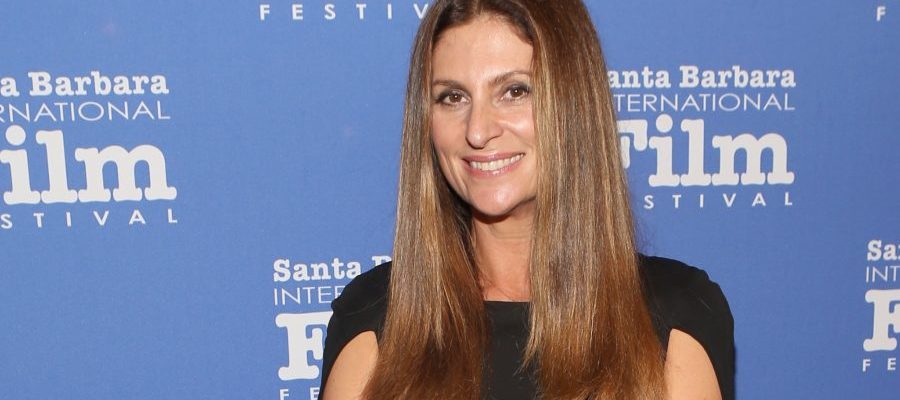Interview: Director Niki Caro Gives Insight on Creating Films Based on True Stories

Victoria Stuewe ’20 / Emertainment Monthly Assistant Movies Editor
If a person has a story to tell, it becomes their mission in life to tell it. That’s what happened to New Zealand director, Niki Caro. For her, what started as a fine arts career transformed into one in filmmaking.
“It struck me that however kind of strong a sculpture might be, however interesting the subject matter, in that form, it would never communicate as effectively as a story does,” Caro said, “And that’s when I did a sort of 180 [degree] move and began to try to create stories on film.”
Since Caro’s change in direction, she has been one of the leading female directors in the film industry, directing critically acclaimed films such as Whale Rider, McFarland, USA, and, most recently, The Zookeeper’s Wife.

When Caro read the script of The Zookeeper’s Wife, she was drawn to “the idea of a different kind of Holocaust.” Caro was also inspired since the film would not only focus on those who died in the Holocaust but also those who survived.
Caro also related her inspiration to the current world. “Their choice to do what they did, for no other reason than it was the right thing to do, is incredibly moving to me and inspiring and, quite honestly, very pertinent for these times,” she said.

She has, in fact, felt this amount of responsibility before with her other films, some of which were based on true stories. For these films, she tries to take herself out of it in order to “literally serve the story.”
For Whale Rider, for example, she had to learn to create a film about an unknown culture and translate it to a film that could be seen worldwide. “It taught me that as specific as I can be, as authentic as I can be as a filmmaker, the more universal the film is likely to be,” Caro said.
Though there were many challenges that came with depicting a true story, the biggest one for Caro was “portraying it emotionally.” Though she could have shown the war through the eyes of a soldier, she decided to show the effects of the war instead. She shows this in her film through the characters’ emotions and composure rather than having them explain how they feel.

“I’m very proud to be supporting Jessica [Chastain] and Antonina [Zabinski] herself and bringing the image of female strength to the world right now,” Caro said.
Part of the reason why Caro wanted to do this film was that there is a female leader through Antonina Zabinski.
“I was … really inspired by Antonina’s courage and her care and her compassion,” Caro said. “She sheltered Jews at great risk to herself and her family, but for no other reason than it was the right thing to do.”
She felt that there was a need for a new perspective on World War II. Instead, she wanted to see one “that focused on the female experience; what it is like to be a woman at war.” And, due to its nature as one focused on women, animals, and the survivors rather than war, to Caro, the film “is different in that it is ultimately about love and about family and is a very hopeful movie.”
From her humble beginnings as pursuing a career in the fine arts, Caro’s craving for storytelling has been well served through her many years of creating compelling films for audiences around the world. For her, filmmaking is not just entertainment, it’s “a means of connecting with an audience and telling stories [in] … the most visceral, emotional, moving and entertaining way.”
The Zookeeper’s Wife will be in theaters on March 30.